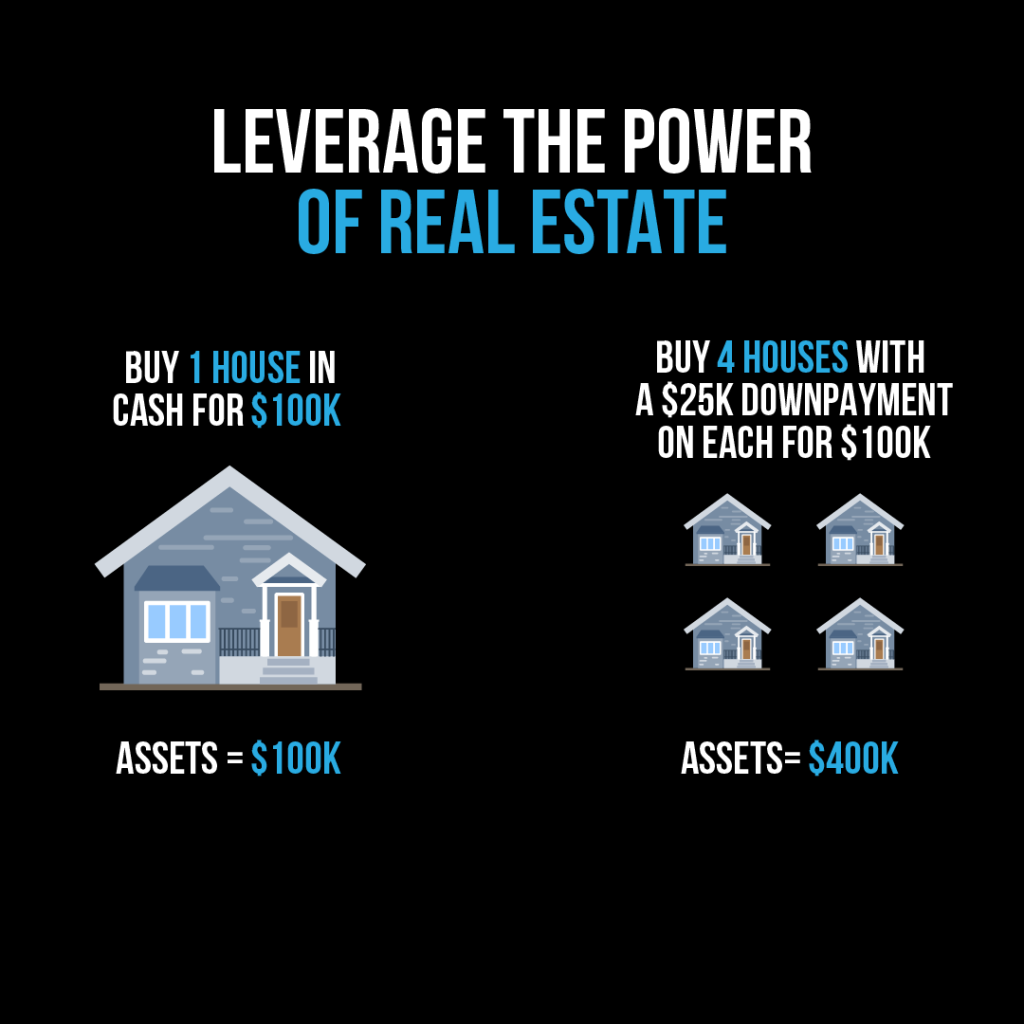3.1 Maudhui ya Ndani (Ulaya-Maalum): Manufaa na Hasara za Uwekezaji wa Majengo barani Ulaya.
Lesson Learning Objectives:
- Recognize real estate as a stable and tangible investment, understanding its appeal compared to more volatile assets like stocks.
- Explore the potential for long-term income generation through rental properties in high-demand European cities.
- Identify the opportunities for capital appreciation in growing urban areas where real estate values tend to increase over time.
- Learn about the tax incentives and cross-border investment opportunities within the European Union that can enhance profitability and diversification.
- Understand the impact of rental yields on investment decisions, focusing on how different European cities offer varying potential for income and property value appreciation.
3.1.1 Advantages of Investing in Real Estate
Real estate investing offers many potential benefits to investors in Europe. Whether buying property for income, capital appreciation, or diversification, here are some key advantages:
- Stable and Tangible Investment
Real estate is considered a stable and tangible asset, offering a safer investment compared to more volatile assets like stocks. Properties in European cities such as Paris, Berlin, na Rome generally hold or increase their value over time. - Long-Term Income Generation
Investing in rental properties across Europe can provide a steady stream of income. Cities with high demand for housing, like London au Amsterdam, enable investors to rent out properties for reliable monthly cash flow. Additionally, European cities often have long-term tenants due to local renting cultures, which can add financial security. - Potential for Capital Appreciation
European real estate, particularly in growing urban areas, tends to appreciate in value over the long term. For instance, properties in cities like Munich au Stockholm have seen significant price increases over the past few decades due to limited supply and increasing demand.

4. Tax Incentives
Many European countries offer tax incentives for property investors. For example, Portugal offers attractive tax regimes under its Golden Visa program, while Spain allows for tax deductions on home renovations and energy-efficient improvements.
5. Cross-Border Investment Opportunities
The European Union’s open-market policies allow investors to purchase real estate across borders with fewer restrictions, providing opportunities to diversify across countries. An investor in France can easily acquire property in Spain au Italy, adding a layer of geographical diversification.

Kielelezo: European Rental Yield Comparison
Maelezo:
This bar chart compares the average gross rental yields across major European cities, highlighting the returns investors can expect from rental properties. Cities like Madrid and London demonstrate higher rental yields, close to 5%, indicating strong rental income potential relative to property prices. On the other hand, cities such as Paris and Frankfurt have lower yields, closer to 2%, reflecting higher property costs or lower rental income. The chart provides a clear ranking, showcasing how cities differ in terms of rental returns, which is useful for real estate investment analysis.
Mambo muhimu ya kuchukua:
- Madrid and London lead in rental yields, offering nearly 5%, making them attractive cities for real estate investors.
- Paris and Frankfurt rank the lowest, with yields closer to 2%, indicating lower profitability in these markets.
- Copenhagen, Brussels, and Athens fall in the mid-range, offering balanced returns for investors seeking moderate risk and income.
- Rental yields are influenced by factors like property prices, demand for rentals, and local economic conditions.
- The data highlights significant variability across European cities, emphasizing the need for careful market selection in real estate investments.
Application of Information:
This data is critical for investors evaluating real estate opportunities in Europe. High-yield cities like Madrid and London could be prioritized for rental income-focused investments, while lower-yield cities like Paris might appeal to those seeking long-term property value appreciation. Learners can use this chart to understand how rental yields impact investment decisions and the importance of choosing cities based on their financial goals and market conditions.
3.1.2 Disadvantages of Investing in Real Estate
Despite its advantages, real estate investing in Europe also comes with challenges and risks:
- High Entry Costs
European cities, particularly in western Europe, can have extremely high property prices. For example, purchasing property in Paris au London often requires significant capital, which can limit access for smaller investors. - Regulatory Complexities
Europe’s real estate market is governed by strict regulations. Countries like Germany impose rent control laws (Mietpreisbremse), which limit rental income growth. Additionally, property ownership laws can vary between countries, creating complexity for cross-border investors. - Liquidity Issues
Real estate is a less liquid asset. Selling property in Europe can take time due to legal processes and local market conditions, meaning that investors may struggle to convert their investment to cash quickly when needed. - Maintenance Costs
European properties, especially older buildings in cities like Rome au Prague, often require high maintenance costs. Investors may need to renovate or restore properties to meet modern standards, which can significantly affect overall returns. - Currency Risks
Investors from outside the Eurozone face currency risks when investing in European real estate. Fluctuations between the euro and other currencies can impact the profitability of investments.

3.1.3 Common Misconceptions about Real Estate Investing in Europe
- “Real Estate Always Appreciates in Value”
While property values in Europe have generally appreciated over the long term, this is not guaranteed. Cities experiencing economic stagnation or population decline, such as Athens during the Euro crisis, may see property values decrease. - “Short-Term Rentals Are Always Profitable”
Many believe platforms like Airbnb make short-term rentals highly profitable. However, European cities such as Barcelona na Amsterdam have implemented strict regulations on short-term rentals, limiting income potential. - “Foreign Investors Face No Barriers”
While the EU has streamlined cross-border investments, some countries still have restrictions on foreign property ownership. For instance, Denmark requires non-EU investors to obtain special permission to buy property.
Habari Muhimu ya Somo:
- Real estate is a stable asset, less prone to sudden market fluctuations, providing a secure investment environment.
- Rental properties can generate consistent income, especially in cities with high housing demand, contributing to financial stability.
- Capital appreciation potential is significant in urban growth areas, allowing investors to benefit from increasing property values over time.
- Tax incentives such as Portugal’s Golden Visa program enhance the attractiveness of investing in European real estate.
- Cross-border investments within the EU allow for easier diversification across European markets, potentially reducing investment risks and increasing returns.
Taarifa ya Kufunga
Investing in European real estate offers numerous advantages, including stable long-term returns, capital appreciation, and favorable tax conditions. Understanding these benefits helps investors make informed decisions and leverage opportunities for portfolio growth and diversification.


